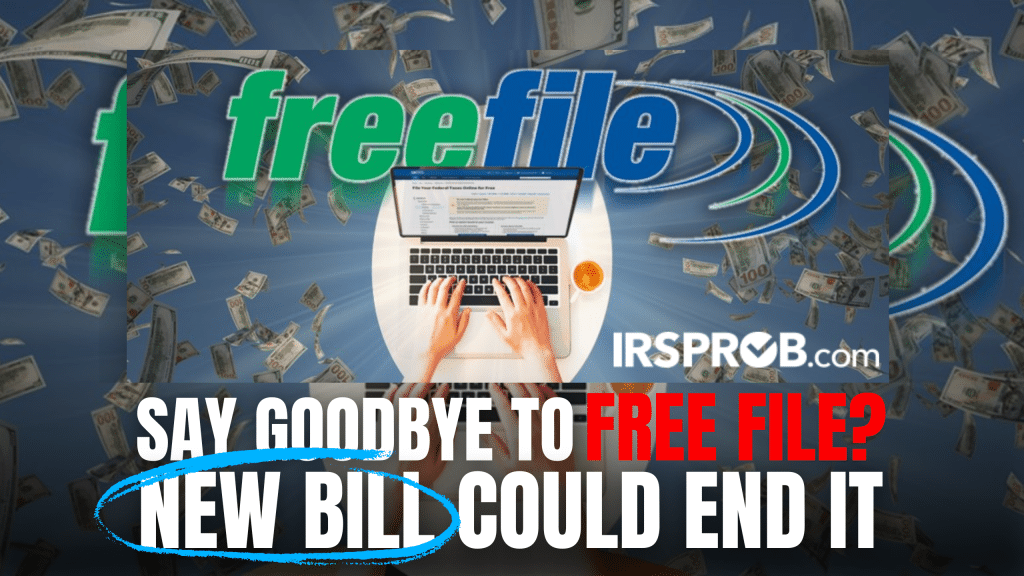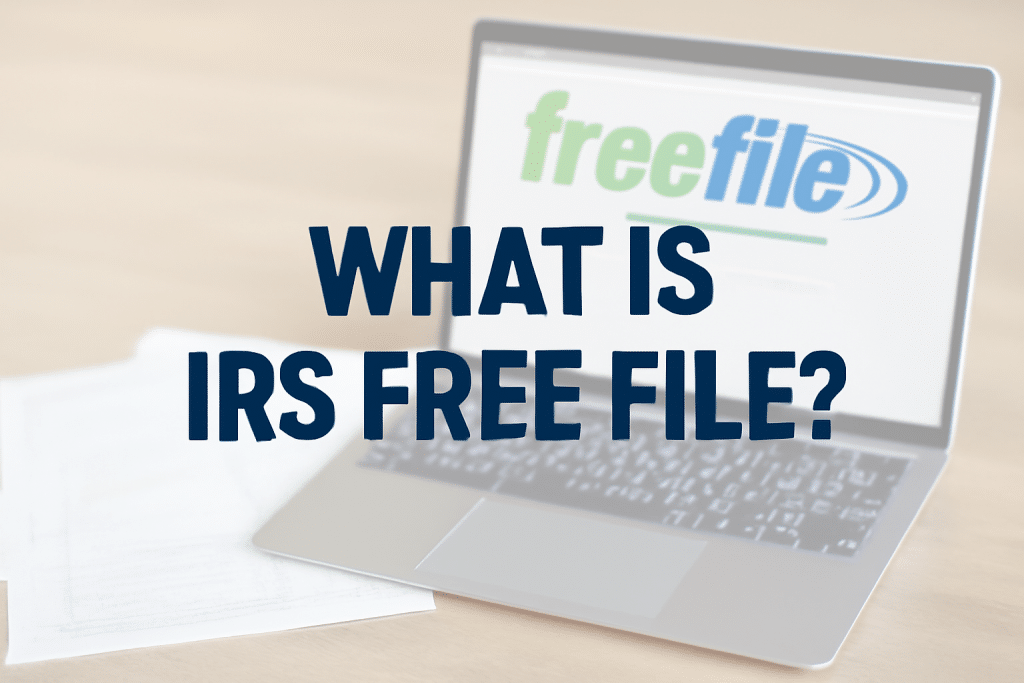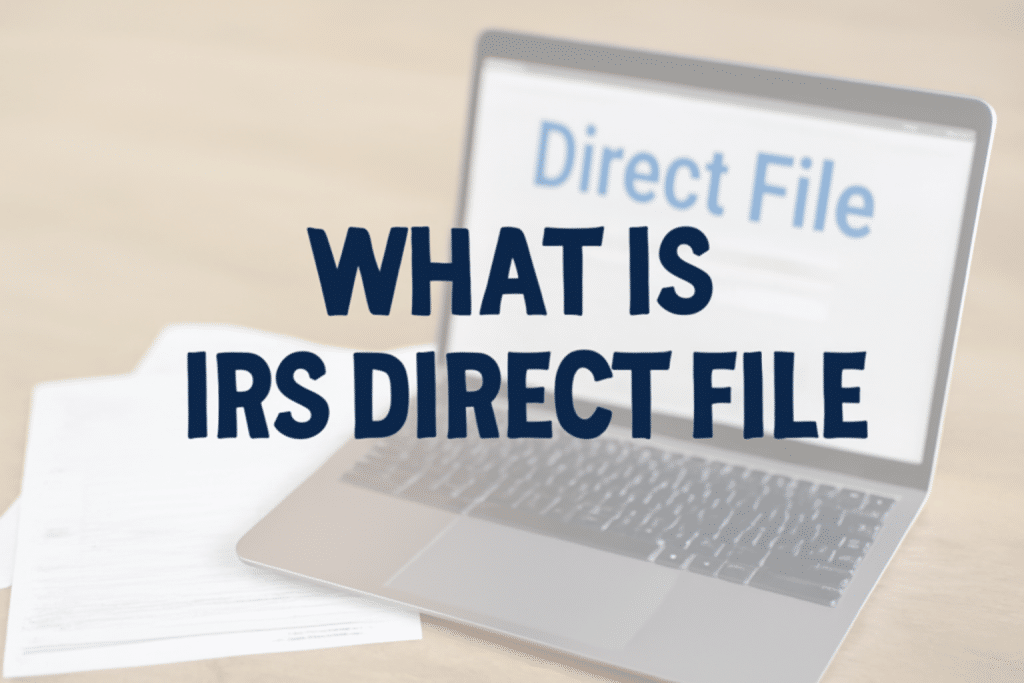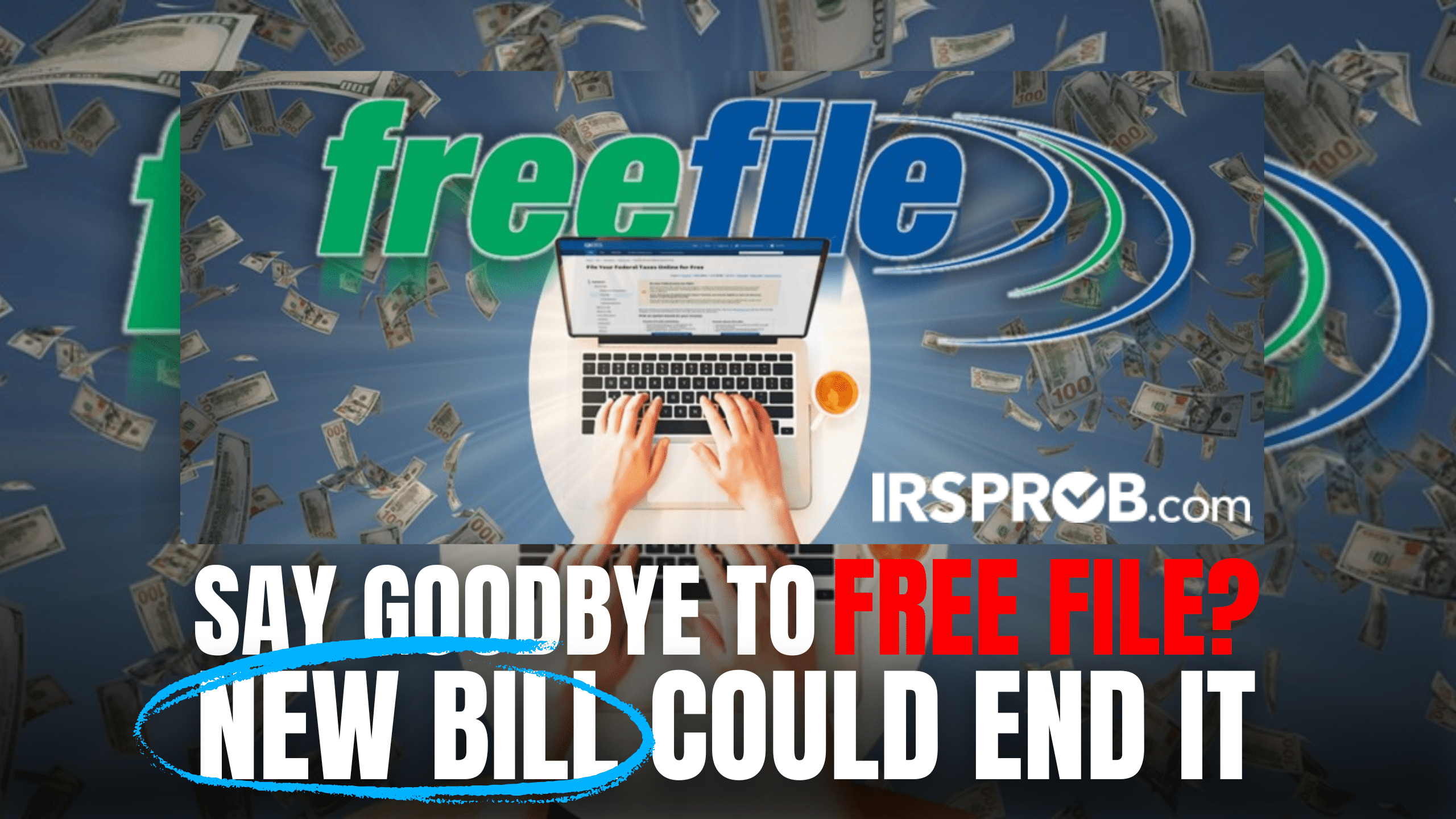
As the 2025 tax season winds down, a new proposal in Congress could drastically change how Americans file their taxes—especially for those who rely on free IRS-supported filing tools.
The One Big, Beautiful Bill Act, recently introduced by House Republicans, seeks to eliminate both the IRS Free File program and the newer IRS Direct File system.
At IRSProb.com, we believe every taxpayer deserves free, fair, and simple options to stay compliant. Here’s what you need to know—and how to prepare.
Free File is an IRS program that lets taxpayers with an Adjusted Gross Income (AGI) of $84,000 or less file their federal tax returns online at no cost. It’s made possible through partnerships between the IRS and private tax software companies.
Eligible taxpayers can:
- Access guided software to complete federal returns
- Claim credits like the Earned Income Tax Credit and Child Tax Credit
- In some cases, file their state returns for free as well
Unfortunately, this vital tool is often underused—mainly because most taxpayers aren’t even aware it exists.

The new House proposal aims to consolidate Free File and Direct File into a single “public-private partnership.” But many taxpayer advocates—and we at IRSProb.com—are raising concerns:
- The new bill opens the door for more commercial control over tax filing
- It could mean fewer truly free options for filers
- It risks replacing trusted, transparent tools with fee-driven platforms
In short, this move could shift control of tax filing back into the hands of companies who profit off confusion and upsells.

Launched in 2024, IRS Direct File is a government-run alternative that allows simple tax returns to be filed directly with the IRS—no middleman required.
Direct File earned high praise for its:
- Easy-to-use interface
- Security
- Complete absence of upselling or extra fees
Though still in a pilot phase, it represents the IRS’s first serious effort to provide a streamlined digital filing option built by the government, for the people.
If passed, this bill would end Free File and Direct File by 2026, leaving many Americans—especially low- to middle-income households—without reliable, free tools for tax prep.
For now, Free File remains active through October 15, 2025 for taxpayers who filed for an extension. But after that? Uncertainty looms.
At IRSProb.com, we recommend staying proactive. If you’re eligible, use Free File now. If you believe in protecting direct, no-cost filing, contact your lawmakers and speak up.
Final Word from IRSProb.com
This proposal may sound like bureaucratic housekeeping, but it could impact how every American files taxes in the coming years.
At IRSProb.com, we’re committed to keeping you informed—and empowered.








